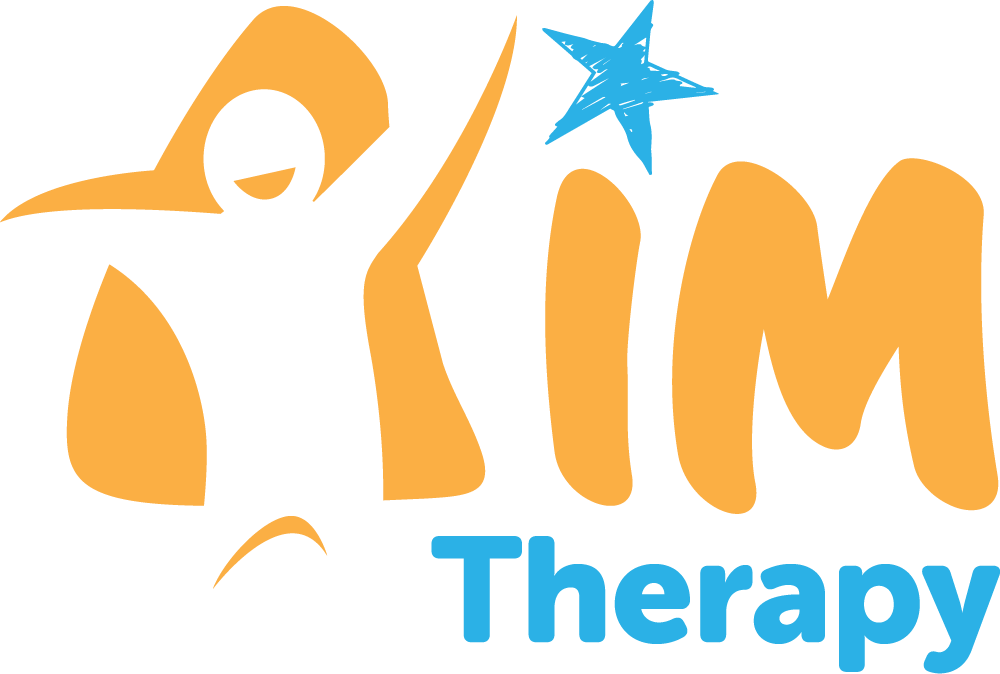Torticollis in Children: Key Benefits of Physiotherapy
Recognising the signs and symptoms of torticollis, such as a tilted or twisted neck position, limited range of motion, and difficulty turning the head, is crucial. In this article, we explore the numerous benefits of physiotherapy as an effective intervention in treating torticollis and restoring optimal neck function in children.
Early Intervention and Assessment
Physiotherapy plays a crucial role in early intervention and assessment of torticollis in children. Our physiotherapists possess the expertise to identify and diagnose the condition, enabling prompt treatment. Through a comprehensive evaluation, we can determine the underlying cause, whether it be muscular, skeletal, or neurological. This early identification Strengthening Muscles and Postural Control
Physiotherapy interventions for torticollis involve strengthening exercises to address muscle imbalances and enhance postural control. These exercises target the weakened muscles on one side of the neck while promoting balanced development. By strengthening the affected side and improving overall muscular coordination, physiotherapy helps correct torticollis and establishes a stable and aligned neck position.
Restoration of Range of Motion
One of the primary goals of physiotherapy in treating torticollis is to restore the child’s range of motion. Physiotherapists employ various techniques, including stretching exercises, passive range-of-motion exercises, and manual therapy, to gradually correct the neck’s alignment. By focusing on specific muscle groups and joints, physiotherapy helps alleviate tightness and stiffness, facilitating improved neck mobility.
Sensory Integration and Proprioceptive Awareness
Physiotherapy offers a holistic approach to treating torticollis by incorporating sensory integration techniques. This approach enhances the child’s proprioceptive awareness, which refers to the body’s ability to sense its position in space. Through sensory-based activities and exercises, physiotherapists improve body awareness, balance, and coordination, which are essential for correcting torticollis and ensuring long-term stability.
Parental Education and Home Exercise Programs
Physiotherapy empowers parents with the knowledge and tools to actively participate in their child’s treatment. At AIM Therapy, we educate parents about the condition, its causes, and appropriate home exercises to supplement the sessions. These home exercise programs allow for continuous progress, as parents can implement therapeutic exercises and techniques outside the clinical setting, promoting better outcomes for the child’s recovery.
If your child is experiencing torticollis, don’t hesitate to seek the assistance of our skilled team of physiotherapists. With our expertise in early intervention, targeted exercises, and parental education, we can provide comprehensive care that promotes improved neck mobility and overall well-being. Find out more about our physiotherapy services for torticollis and contact us today.
